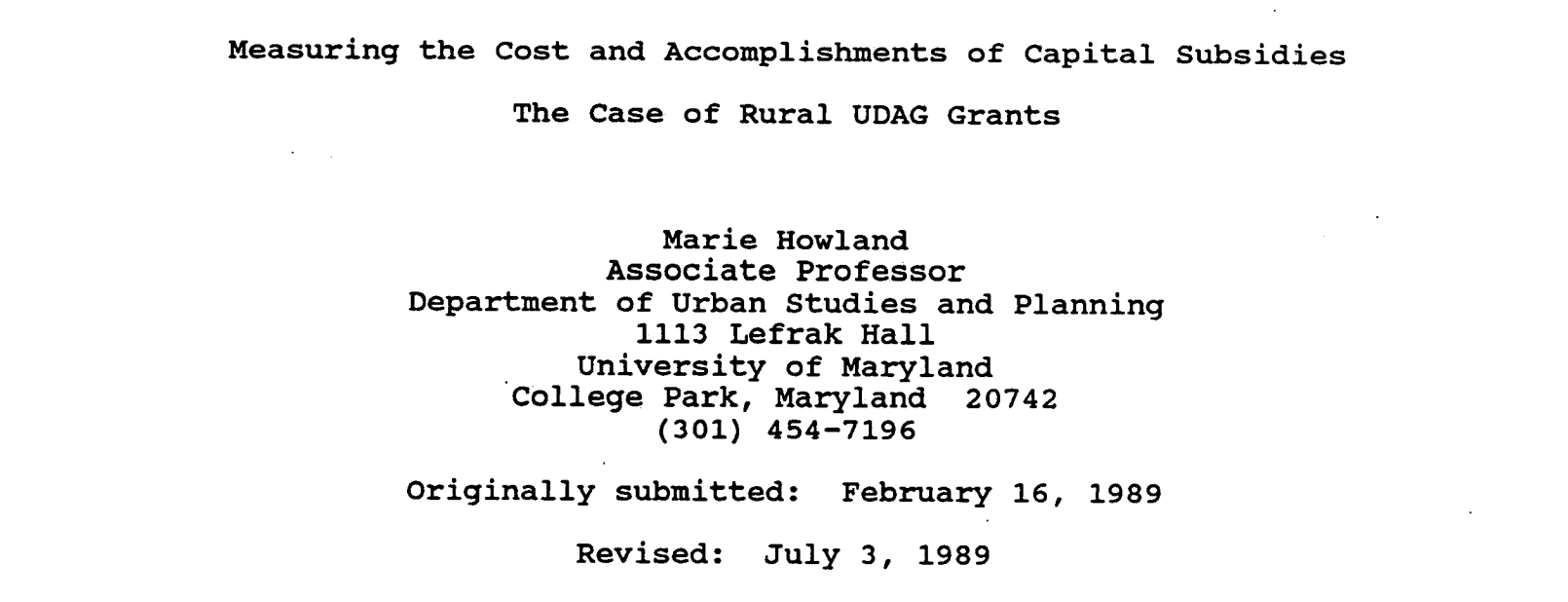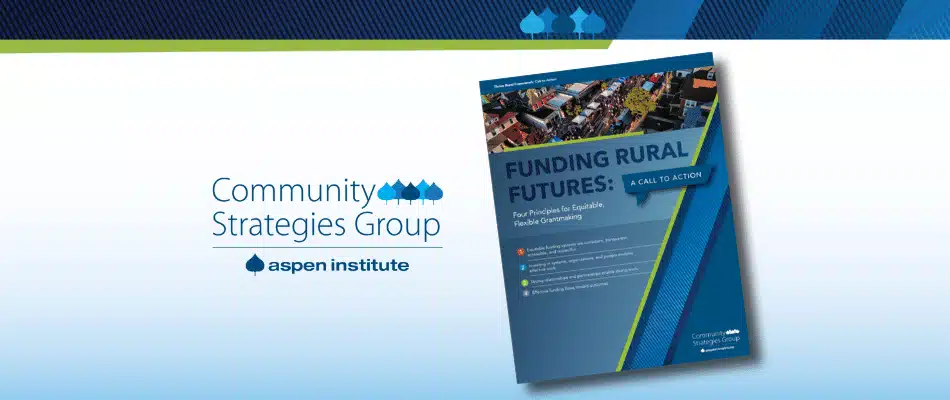View this Publication
The provision of low-interest loans to private for-profit firms continues to be a major tool for economic development in the U.S. Loan programs are designed to attract business establishments to particular locations, encourage the startup of new businesses, or retain exising businesses. Credit subsidies include the making of loans at below market interest rates, often with more lenient repayment schedules than a firm would be able to obtain in the private capital market. These programs may also include government assumption of a portion of interest payments on private sector loans or guarantees on private loans.
The purpose of this paper is to review some of the measurement problems encountered in quantifying the costs and accomplishments of interest subsidy programs for economic development, to lay out a methodology for evaluating such programs, and to apply this methodology to the rural component of the Urban Development Action Grant program, a federal capital subsidy program.








